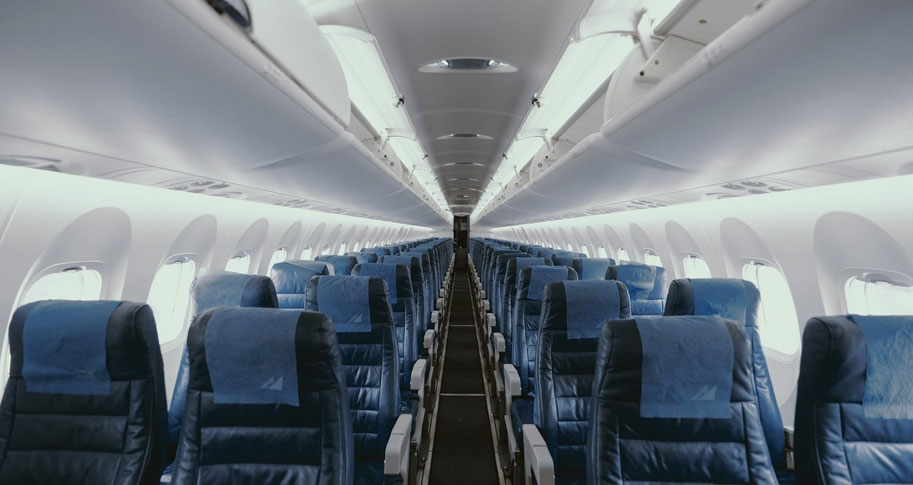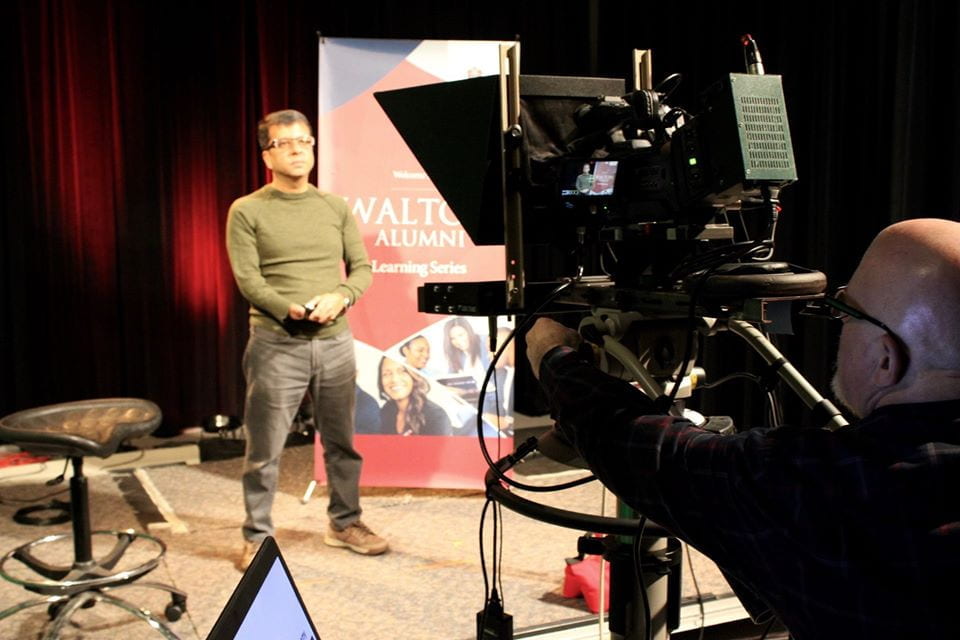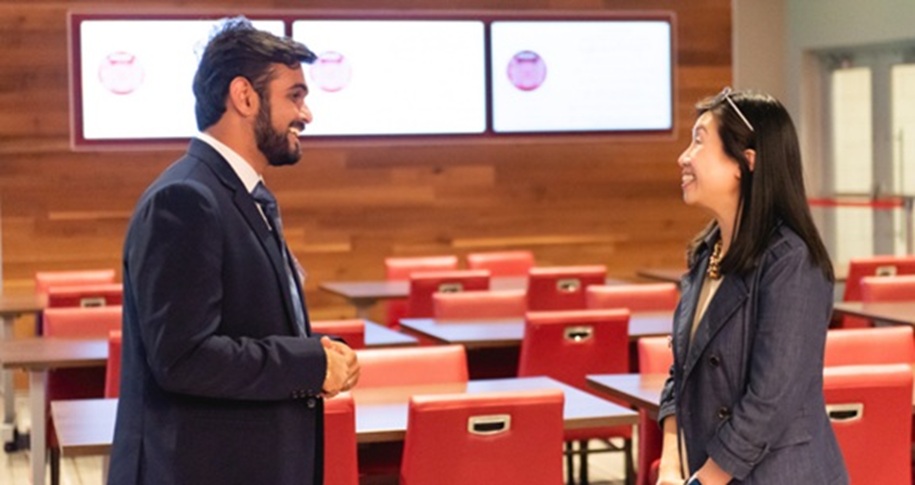
In 2003, a severe acute respiratory syndrome coronavirus (SARS-CoV) outbreak in the Guangdong Province of China lead to approximately 8,000 cases and 800 deaths – affecting almost 30 countries and resulting in an estimated economic loss of $40 billion dollars. As of March 26, 2020, the World Health Organization reported more than 460,000 cases and 20,000 deaths across 186 countries in the wake of the 2019-2020 outbreak of a new coronavirus. The $40 billion dollar economic loss from the 2003 epidemic pales in comparison to the looming global economic crisis.
Raja Kali, professor and chair of the Department of Economics at the Sam M. Walton College of Business, says the COVID-19 pandemic caused by the SARS-CoV-2 virus has contributed to a unique economic environment with both major supply- and demand-side impacts for both the global and U.S. economy. Kali says virtually every company in the United States will be affected by a shortage of inputs due to major disruptions in global supply chains. China, the world’s largest intermediate supplier and the central hub for many global supply chains, was at a complete production and consumption standstill for months. Manufacturers in the United States and abroad are closing their doors in response to health and safety mandates despite the inevitable economic consequences.
Gregory Daco, chief U.S. economist at Oxford Economics, says unemployment rates in the United States could reach 10 percent (16.5 million people) by April. Kali says newly unemployed workers will have to pull back on spending, and others, fearful that their jobs could be next, will do the same. Kali believes unemployment and diminished consumer confidence could lead to more layoffs, pushing some companies into bankruptcy. Ellen Zenter, chief U.S. economist at Morgan Stanley, says there will be small businesses that simply won’t be able to survive the impending economic downturn. Limited access to credit and cash will become a major problem for smaller companies. Kali says indirect effects could pose even larger risks than the direct effects. As the virus spreads, travel and tourism (airlines, hotels, museums and amusement parks), entertainment (sports, concerts and movies) and other service industries are experiencing significant economic losses. Travel bans and public closures are a big blow to business and consumer confidence, says Kali. A lack of revenue and increased uncertainty may lead to long-term ripple effects.

Kali says global markets are in free-fall and United States stock indexes are in bear territory. Bond markets have shown disturbing signs of fragility despite interest rate cuts and trillion-dollar fiscal stimulus plans, yet Kali says fiscal stimulus may not have much of an impact if consumption and demand collapse. Global markets have experienced radical swings in the last month. As the world fights to “flatten the curve,” consumers are staying home, businesses are closing and global production has slowed to an almost complete standstill. The number of unemployment and bankruptcy claims are expected to skyrocket and financial institutions around the world are cutting interest rates and pledging to take unprecedented fiscal stimulus measures in an attempt to stabilize the global economy through the injection of liquidity into the global markets. The economic impact of COVID-19 is unprecedented. Ira Kalish, chief global economist at Deloitte, says it is likely we are already in a deep global recession.





